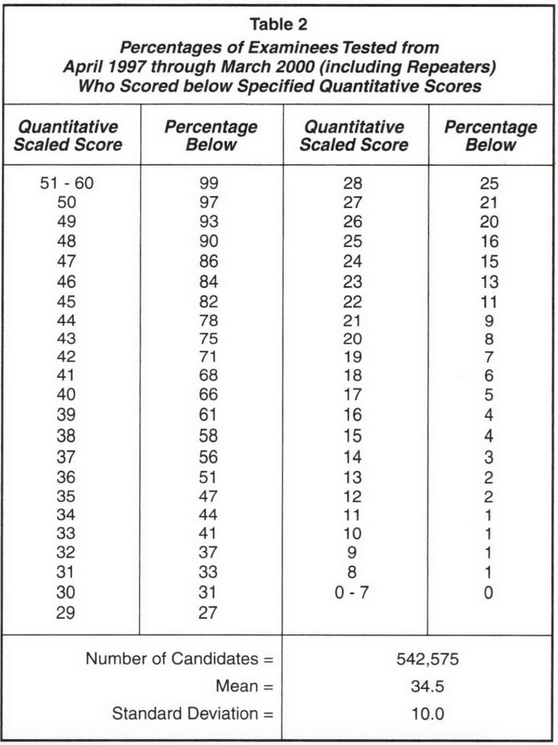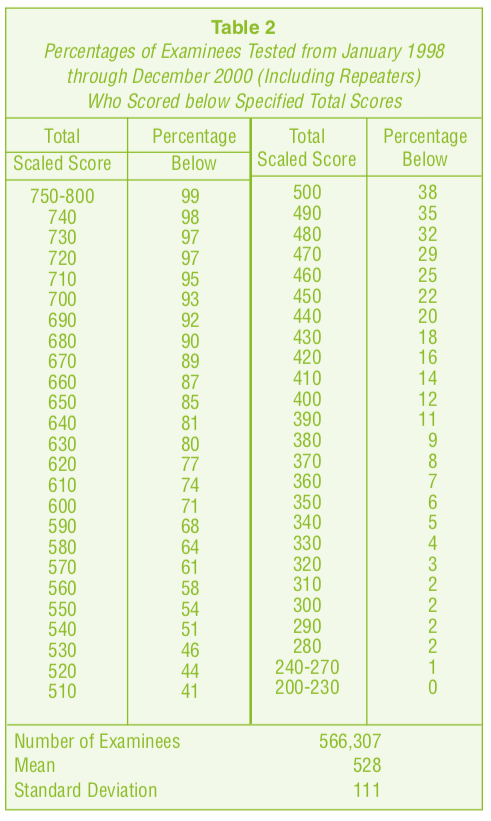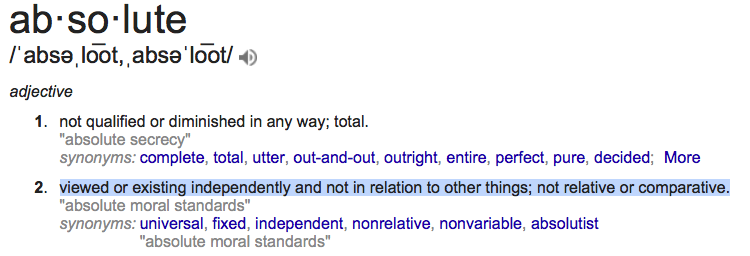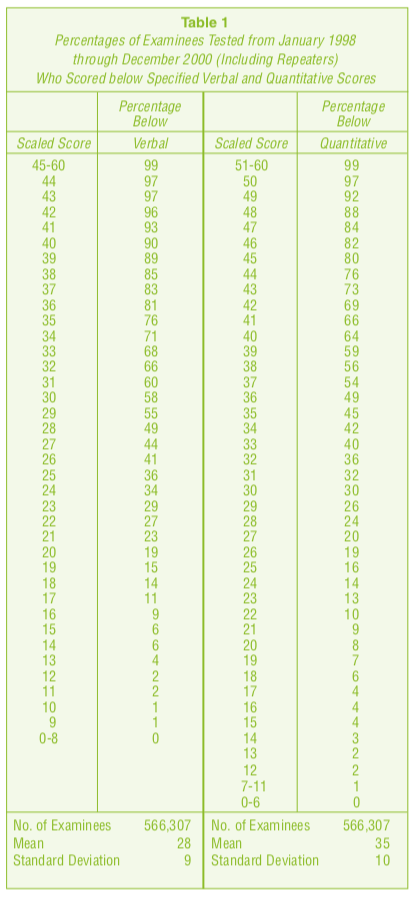Events & Promotions
|
|

GMAT Club Daily Prep
Thank you for using the timer - this advanced tool can estimate your performance and suggest more practice questions. We have subscribed you to Daily Prep Questions via email.
Customized
for You
Track
Your Progress
Practice
Pays
Not interested in getting valuable practice questions and articles delivered to your email? No problem, unsubscribe here.
- Nov 19
12:30 PM EST
-01:30 PM EST
Learn how Keshav, a Chartered Accountant, scored an impressive 705 on GMAT in just 30 days with GMATWhiz's expert guidance. In this video, he shares preparation tips and strategies that worked for him, including the mock, time management, and more - Nov 20
01:30 PM EST
-02:30 PM IST
Learn how Kamakshi achieved a GMAT 675 with an impressive 96th %ile in Data Insights. Discover the unique methods and exam strategies that helped her excel in DI along with other sections for a balanced and high score. - Nov 22
11:00 AM IST
-01:00 PM IST
Do RC/MSR passages scare you? e-GMAT is conducting a masterclass to help you learn – Learn effective reading strategies Tackle difficult RC & MSR with confidence Excel in timed test environment - Nov 23
11:00 AM IST
-01:00 PM IST
Attend this free GMAT Algebra Webinar and learn how to master the most challenging Inequalities and Absolute Value problems with ease. - Nov 24
07:00 PM PST
-08:00 PM PST
Full-length FE mock with insightful analytics, weakness diagnosis, and video explanations! - Nov 25
10:00 AM EST
-11:00 AM EST
Prefer video-based learning? The Target Test Prep OnDemand course is a one-of-a-kind video masterclass featuring 400 hours of lecture-style teaching by Scott Woodbury-Stewart, founder of Target Test Prep and one of the most accomplished GMAT instructors.
BillyZ

Current Student
Joined: 14 Nov 2016
Last visit: 03 May 2025
Posts: 1,143
Given Kudos: 926
Location: Malaysia
Concentration: General Management, Strategy
Schools: Sloan '23 (D) Tuck '23 (D) Darden '23 (D) Ross '23 (D) Kellogg '23 (D) Wharton '23 (D) Booth '23 (D) Fuqua '24 (A) Harvard '24 (D) Stanford '24 (D)
GMAT 1: 750 Q51 V40 (Online)

GPA: 3.53
Schools: Sloan '23 (D) Tuck '23 (D) Darden '23 (D) Ross '23 (D) Kellogg '23 (D) Wharton '23 (D) Booth '23 (D) Fuqua '24 (A) Harvard '24 (D) Stanford '24 (D)
GMAT 1: 750 Q51 V40 (Online)

Posts: 1,143
GMAT Test is changing on April 16, 2018 - it will be shortened by 30 minutes
- Number of questions on the test will be reduced:
- The number of Quant questions will be reduced by 6: from 37 to 31
- The number of Verbal questions will be reduced by 5: from 41 to 36
Update: distribution of questions in GMAT Prep will be:
(thanks AjiteshArun for sharing this)
(a) RC: 13-14 (4 passages)
(b) SC: 12-13
(c) CR: 9-10
(d) PS: 17-18
(e) DS: 13-14
GMAC is being careful not to say that this is the distribution for the GMAT itself as exam requirements could change over time (that is, the distribution of experimental questions can change).
!April 30th Update:
GMAT Prep Downloadable Software is NOT being updated to the latest format. Instead, it is being discontinued
EP1, EP2, and QP1 are not being updated to the latest format. Instead, GMAC is exchange them for online licenses through May 11thList of Tests that have been updated for the new format:
1. Veritas Prep CAT's - as of April 12th - You get 1 free CAT; 7 total
2. GMAT Club CAT's - as of April 13th - You get 1 free CAT; 20+ total
3. MGMAT CAT's - as of April 16th - You get 1 free CAT; 6 totalReports from Tests Taken after April 16:
1. April 16: https://gmatclub.com/forum/gmat-is-chan ... l#p2047053
2. April 17: https://gmatclub.com/forum/gmat-is-chan ... l#p2047190
3. April 18: https://gmatclub.com/forum/gmat-is-chan ... l#p2048083 - This includes a 23-minute reduction in the exam sections, as well as 7 minute reduction across several non-exam screens at the test center (e.g. Tutorial, Section Instructions).
- The time per question will be approximately the same. While GMAC says it will remain unchanged, we have calculated it to be 1.62 seconds shorter for quant and 1.42 seconds shorter for verbal:
Quant
earlier 75x60/37 = 121.62
now 62x60/31 = 120 seconds
Verbal
earlier 75/41 = 109.75 seconds
now 65x60/36 = 108.33 seconds
so 1.42 seconds less per question in verbal - The reduction in questions comes from reduction of experimental questions.
- No Changes to IR or AWA section
- There are some changes to the on-screen instructions that further reduce time used for the test
- Reschedule exception for 1 week: If you already have scheduled your tests, you can reschedule an appointment but only if it is before May 6th. You have to do it by April 11th. Not sure why limitations but I guess better than nothing
- GMAT Prep software should be released by April 30th (along with updated Exam Packs)
- More FAQ's are here: https://www.mba.com/global/frequently-asked-questions/shorter-gmat-exam.aspx
The Big Unknowns:
- Date of GMAT Prep release - sounds like it is only by April 30th, but hopefully sooner so we can practice
- Question structure of the RC's. We don't know if we will be losing one passage, or if passages will have fewer questions.
Attachments
M02.jpg [ 141.46 KiB | Viewed 213505 times ]
GMAT E.jpg [ 129.69 KiB | Viewed 243383 times ]
2020Hopeful
Joined: 02 Jan 2018
Last visit: 26 Sep 2020
Posts: 3
Own Kudos:
Given Kudos: 11
Location: United States (VA)
Concentration: General Management, Sustainability
Schools: Sloan '23 Fuqua '23 Yale '23 Tuck '23 Harvard '23
GMAT 1: 720 Q48 V41

GMAT 2: 710 Q49 V38

GPA: 3.86
WE:Military Officer (Military & Defense)
Kudos
Bookmarks
Should those of us who have taken the GMAT already but plan to apply next year be concerned?
It seems like the GMAT has become easier. Does that water down my score considering that when I apply next year most of my competition will have taken the updated (easier) GMAT?
I took the GMAT a year early because I had a bit of a lull in my work schedule. Now that seems like a big disadvantage.
It seems like the GMAT has become easier. Does that water down my score considering that when I apply next year most of my competition will have taken the updated (easier) GMAT?
I took the GMAT a year early because I had a bit of a lull in my work schedule. Now that seems like a big disadvantage.
Kudos
Bookmarks
2020Hopeful
Did you read through the discussion and latest update on the RC's & number of SC's?
1. The test has become shorter, which does not mean it has become easier due to removal of 6 questions in quant and 5 in verbal.
2. The re-calibration of the Verbal section will most likely result into lower Verbal scores, as it will require many to scramble on the RC section
3. You can take the GMAT now - nothing is stopping you from doing it, but your Verbal score will likely be lower, even though GMAC does not seem to think that the test difficulty remained the same.
4. The consensus here is that the Verbal section has become harder.




























